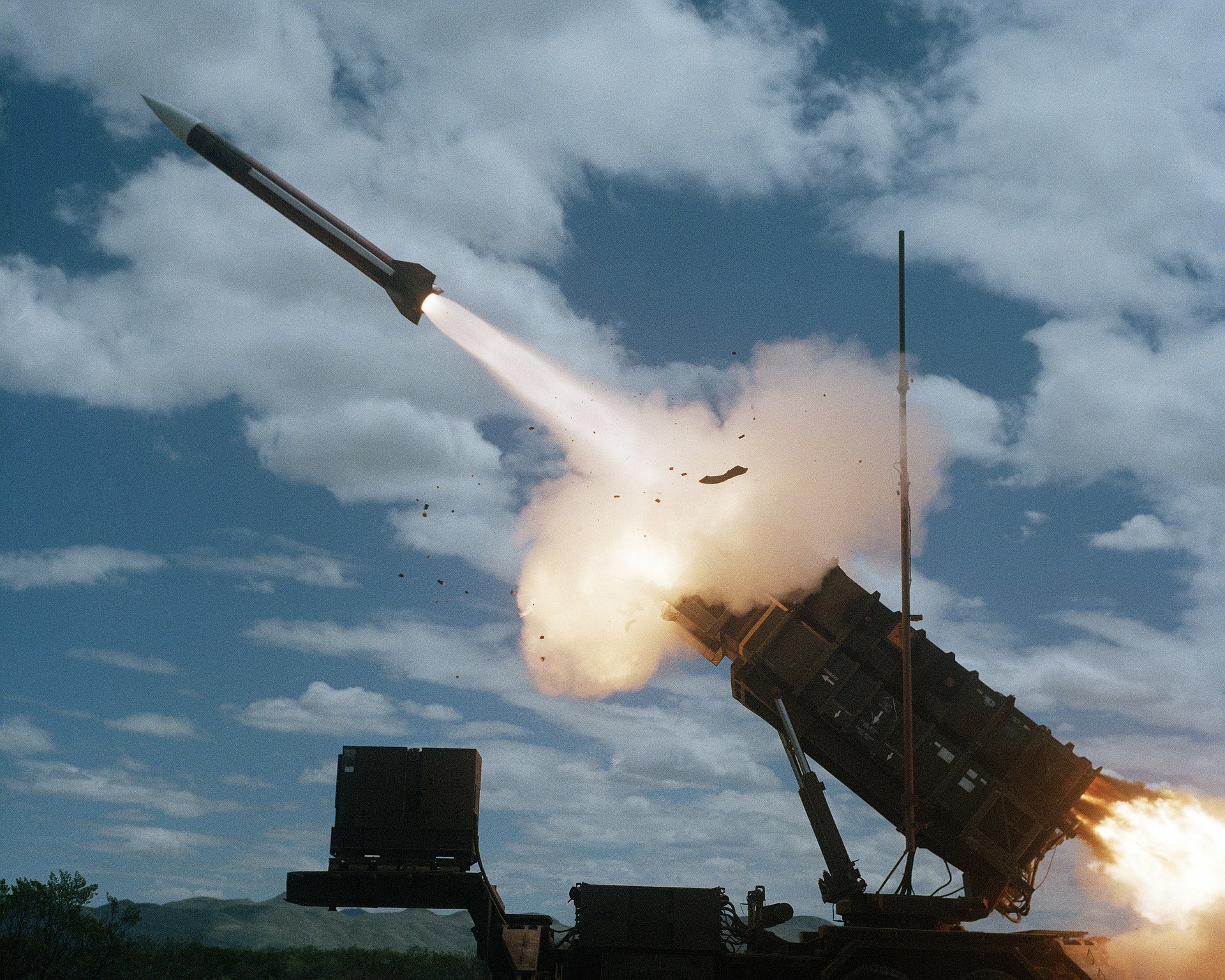
403
Sorry!!
Error! We're sorry, but the page you were
looking for doesn't exist.
Ongoing rocket fire from Lebanon escalates
(MENAFN) The ongoing rocket fire from Lebanon has escalated, with more than 200 rockets launched daily, impacting Nahariya, Petah Tikva, and other northern regions of Israel, triggering frequent sirens. This increase in strikes marks one of the most intense days of bombardment since the war began, reportedly in retaliation for Hezbollah’s attempt to target a senior Israeli figure, Abu Ali Haidar. The timing of the attack, capitalizing on weather conditions that hinder Israeli air operations, serves as a message that rocket fire will continue in response to Israeli actions, particularly in Beirut.
While Israel has launched airstrikes in Beirut and the Bekaa Valley, military operations have yet to yield a decisive outcome that could bring Hezbollah or Lebanon closer to peace. Despite the Israeli government's claims of military success, public security continues to deteriorate, with citizens increasingly feeling vulnerable to attacks.
Israeli officials are calling for more aggressive strikes on Lebanese targets, with discussions underway to negotiate a ceasefire agreement involving US support. However, key figures like Benny Gantz believe that the ongoing military operations in both the north and south could pave the way for a ceasefire and the release of hostages from Gaza.
At the same time, Israel’s defense leadership is undergoing significant changes. Israel Katz’s appointment as Defense Minister is seen as a move to disrupt the security establishment, with Katz halting Jewish administrative detentions and freezing key military promotions. These actions are seen as an attempt to weaken Chief of Staff Herzi Halevy’s position, which has already been under pressure from Netanyahu and his supporters. While Katz justifies his actions by citing failures in leadership during the October 7 Hamas attack, his decisions are seen as part of a broader political strategy to shift blame.
While Israel has launched airstrikes in Beirut and the Bekaa Valley, military operations have yet to yield a decisive outcome that could bring Hezbollah or Lebanon closer to peace. Despite the Israeli government's claims of military success, public security continues to deteriorate, with citizens increasingly feeling vulnerable to attacks.
Israeli officials are calling for more aggressive strikes on Lebanese targets, with discussions underway to negotiate a ceasefire agreement involving US support. However, key figures like Benny Gantz believe that the ongoing military operations in both the north and south could pave the way for a ceasefire and the release of hostages from Gaza.
At the same time, Israel’s defense leadership is undergoing significant changes. Israel Katz’s appointment as Defense Minister is seen as a move to disrupt the security establishment, with Katz halting Jewish administrative detentions and freezing key military promotions. These actions are seen as an attempt to weaken Chief of Staff Herzi Halevy’s position, which has already been under pressure from Netanyahu and his supporters. While Katz justifies his actions by citing failures in leadership during the October 7 Hamas attack, his decisions are seen as part of a broader political strategy to shift blame.

Legal Disclaimer:
MENAFN provides the information “as is” without warranty of any kind. We do not accept any responsibility or liability for the accuracy, content, images, videos, licenses, completeness, legality, or reliability of the information contained in this article. If you have any complaints or copyright issues related to this article, kindly contact the provider above.






















Comments
No comment